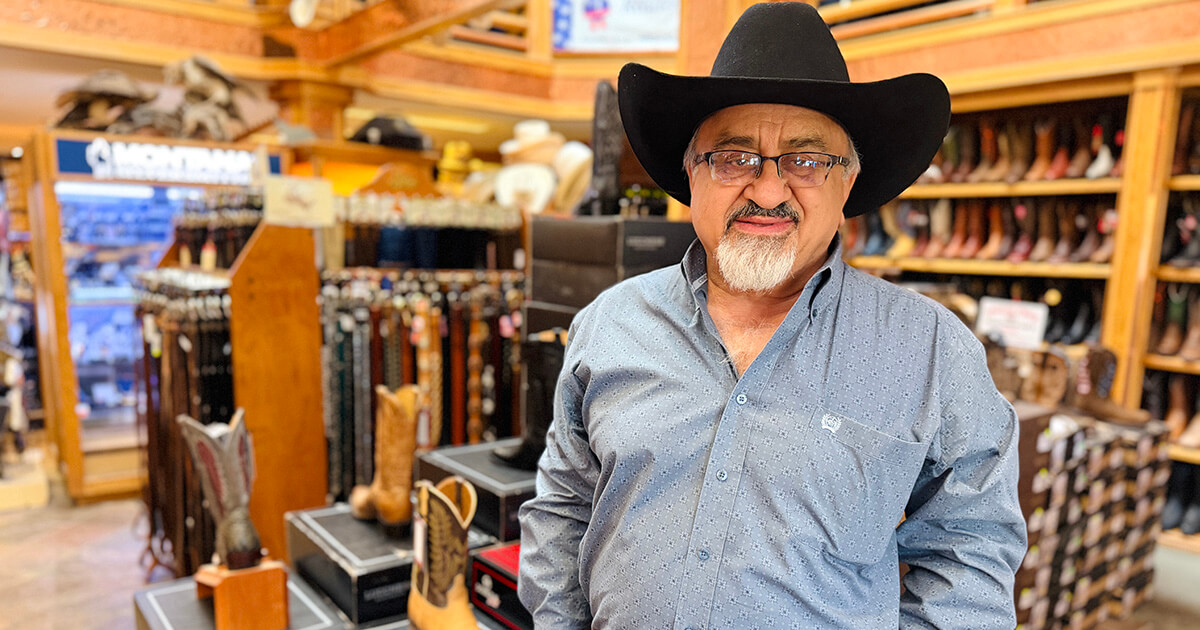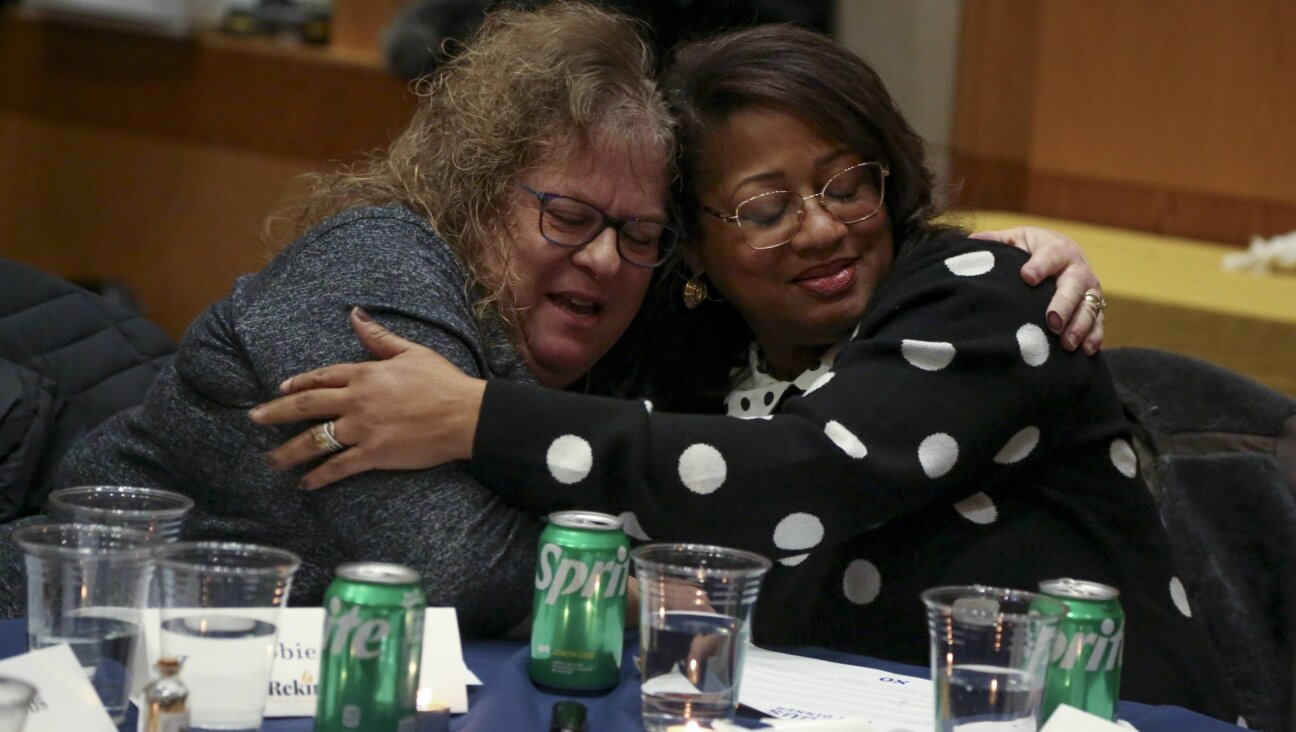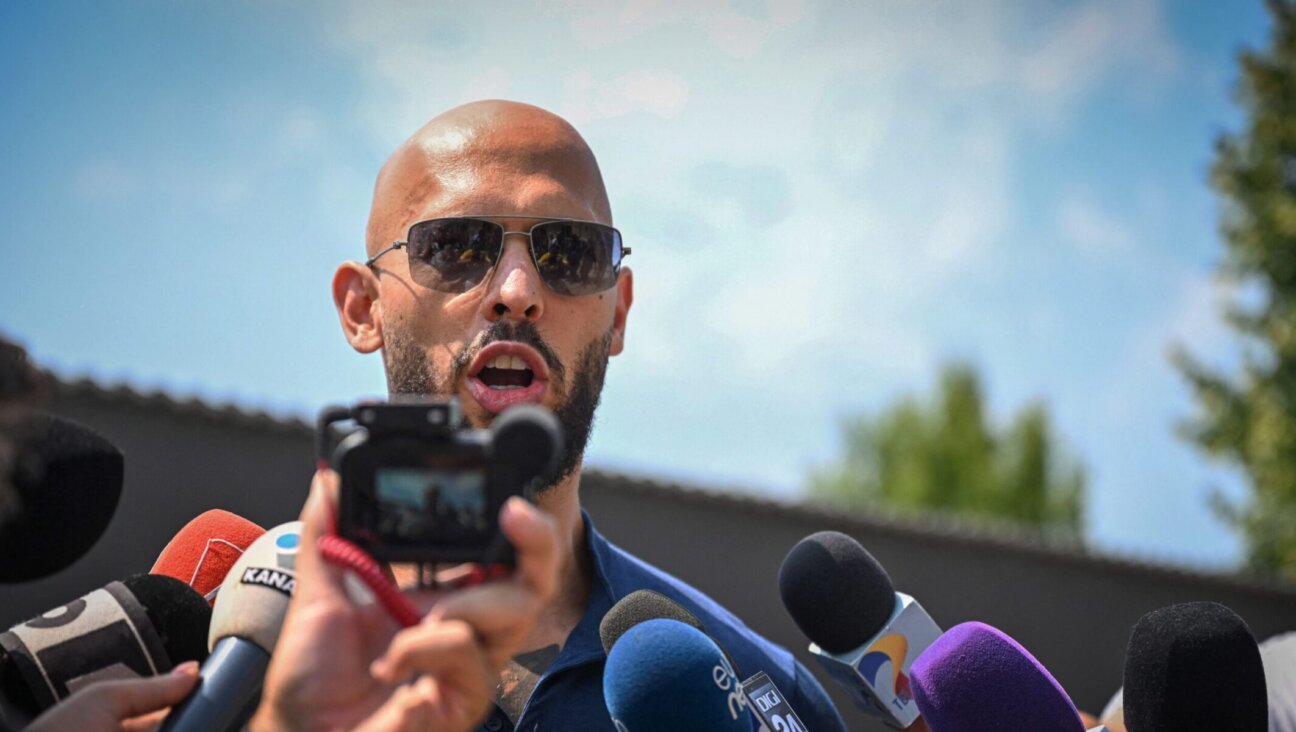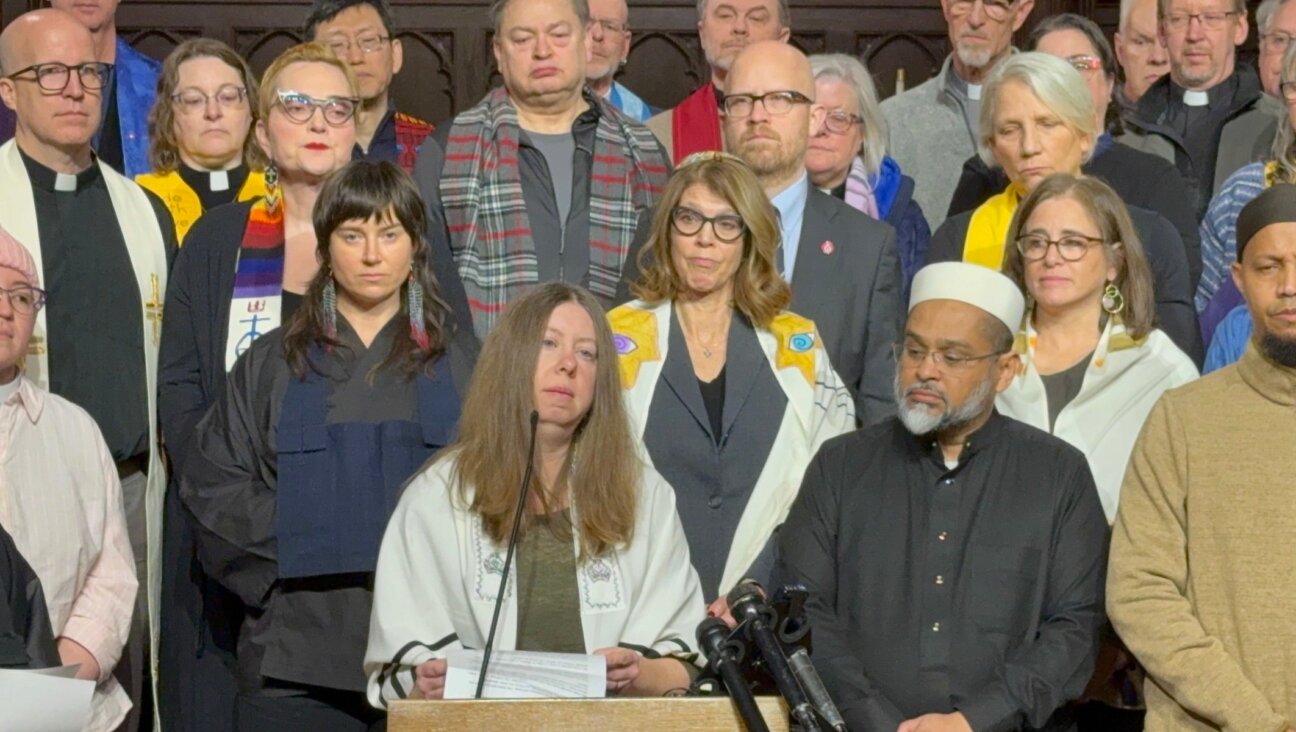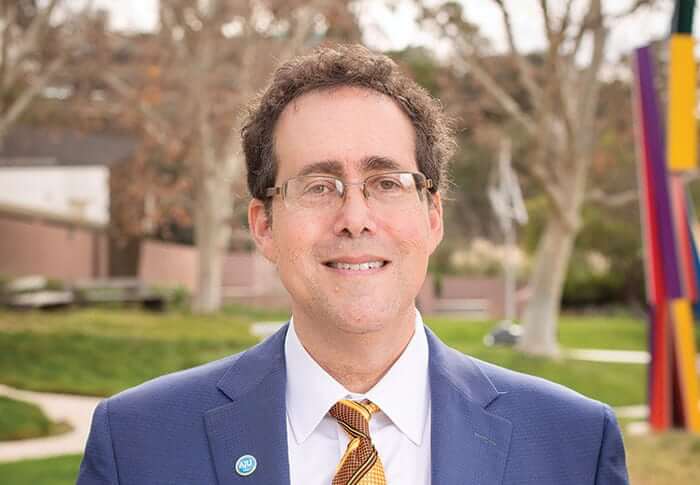Bush Fails To Renominate Pipes to Institute of Peace
In an apparent victory for radical Muslims and the left wing of the American foreign policy establishment, President Bush has failed to take any action to renominate Middle East scholar Daniel Pipes to the board of the United States Institute of Peace.
Bush appointed Pipes, a conservative Middle East analyst and syndicated columnist who has drawn the ire of some Muslims, to the publicly funded institution on August 23, 2003, after a Senate hearing on the matter ended without the presence of a quorum necessary for a confirmation vote. The controversial recess appointment ended in early December with the closing of the previous Congress. The institute has removed Pipes’s name from the list of board of directors posted on its Web site.
Pipes told the Forward that he has not asked to be renominated by the president and that he had not queried the White House about its intentions.
“My time there is finished,” he said of the institute.
The White House had nothing to add on the matter.
“When there’s an announcement, we’ll go ahead and make one,” spokeswoman Maria Tamburri said.
Pipes said that he “tried to be helpful to the USIP,” but he acknowledged that “at certain times I was frustrated.”
The nomination of Pipes, who has made a career out of identifying and denouncing what he sees as radical Muslim penetration of American institutions, was opposed by senators Edward Kennedy, Tom Harkin and Christopher Dodd, all Democrats; Arab and Muslim groups, including the Council on American-Islamic Relations as well as the American-Arab Anti-Discrimination Committee, and Middle East analysts Judith Kipper of the Center for Strategic and International Studies and William Quandt of the University of Virginia. Many conservative-leaning newspapers, including The Wall Street Journal, the New York Post and The New York Sun, supported it. Several Jewish communal agencies, including the American Jewish Committee and the Zionist Organization of America, supported Pipes.
David Harris, executive director of AJCommittee, said he still holds out hope that Bush will renominate Pipes. “We’re looking into it,” Harris said. “We’re eager to see him remain.”
Pipes did not have a peaceful tenure at the institute, which was created by Congress “to support the development, transmission, and use of knowledge to promote peace and curb violent international conflict,” according to USIP’s mission statement. Last March, he clashed with the organization, lambasting it in his column for hosting a conference with a group, the Center for the Study of Islam and Democracy, that Pipes charged employs personnel who are Muslim “radicals.”
The institute’s director of congressional and public affairs, Kay King, responded to the criticism in a letter that Pipes posted to his Web site, danielpipes.org.
“The Institute was aware of and took seriously the accusations made against CSID and some of the speakers at the event,” King wrote. “These allegations were investigated carefully with credible private individuals and U.S. government agencies and found to be without merit. The public criticism of CSID and the speakers was found to be based on quotes taken out of context, guilt by association, errors of fact, and innuendo.”
King told the Forward that the institute “has no role to play in the nominating or confirmation process” and “no insight into what the White House is planning.”
Pipes, a Harvard-educated historian who has published four books on militant Islam, is director of the Middle East Forum, a nonprofit institute he founded in 1994. The Middle East Forum sponsors Campus Watch, a project critiquing alleged pro-Arab bias in academic Middle East studies.

